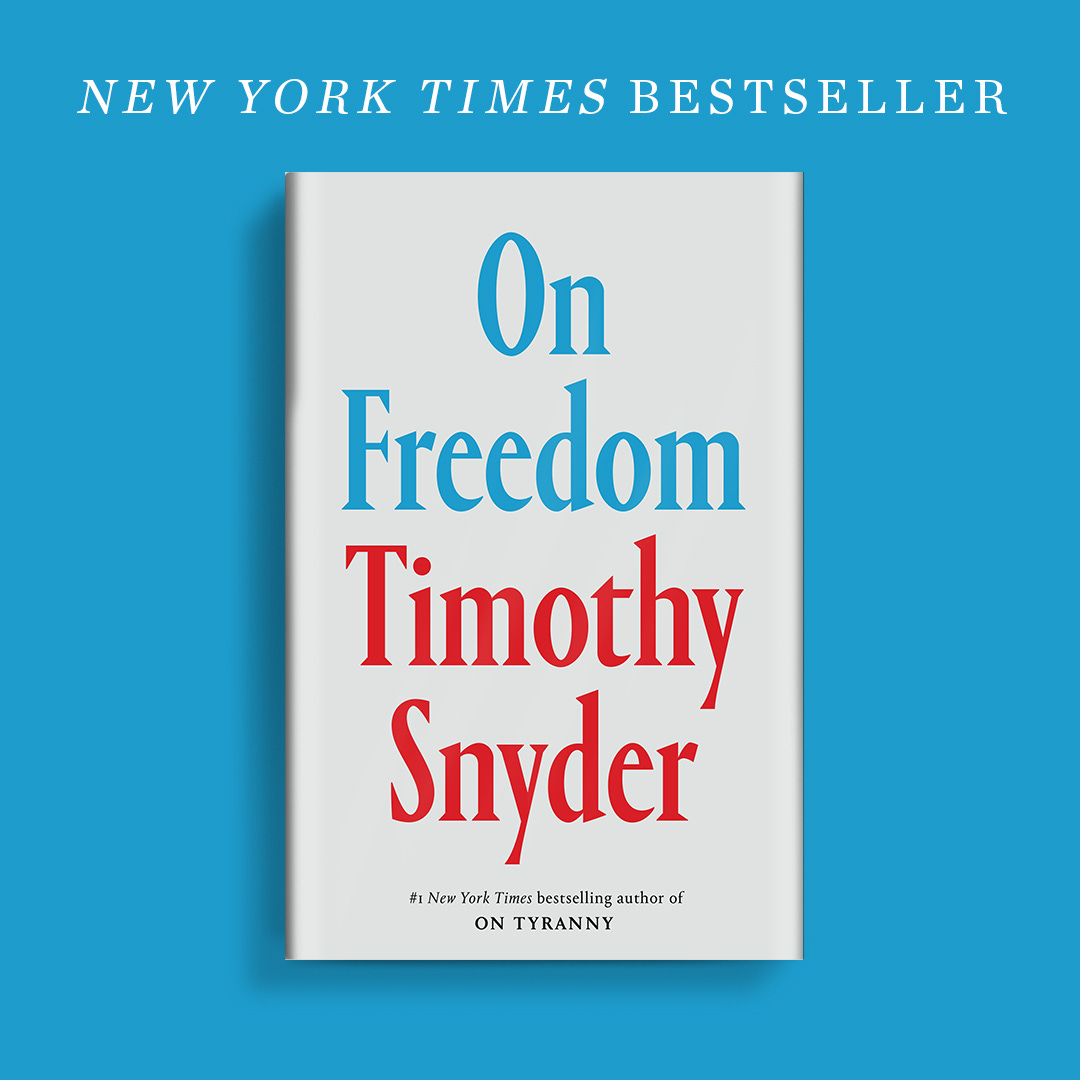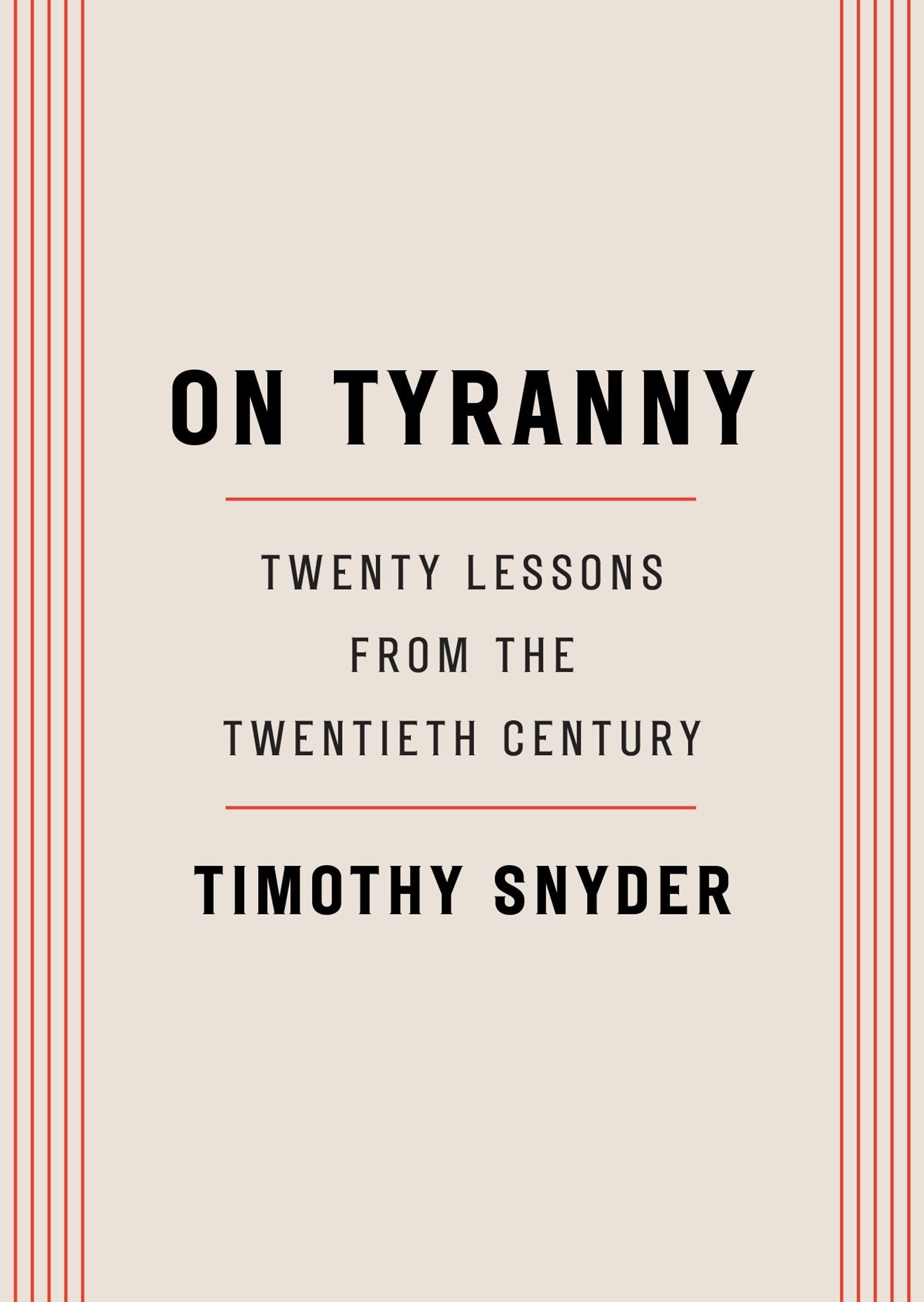Dictators for a Day
South Korea and America
South Korea's president, Yoon Suk Yeol, invoked martial law, tried to install a military dictatorship -- and failed completely. In his actions there are some likely similarities with the coming Trump regime, and some clear lessons for Americans to learn right now.
Yoon won a very narrow election, as did Trump. Like Trump, he refers constantly to "fake news" and calls his political opponents enemies of the state (as Trump says, "the enemy within.") Yoon used this language to justify the imposition of martial law, as will Trump if he decides to invoke the Insurrection Act in the United States.
Like Trump, Yoon telegraphed his move in advance, and not only with such language. He surrounded himself with military men and intelligence officers who were characterized by personal loyalty. Trump is trying to do the same, now, with his proposals for Tulsi Gabbard as director of national intelligence, Kash Patel as director of the FBI, and Pete Hegseth as secretary of defense. He also wants to purge the top ranks of the armed forces.
Yoon's main political opponent, Lee Jae-myung, had correctly predicted that Yoon would try to implement martial law. Trump makes this prediction rather easy. Trump has spoken openly of being "dictator for a day," and of invoking the Insurrection Act, which would allow him to deploy the military inside the United States.
The Insurrection Act is not quite the same thing as martial law. Under martial law, the military assumes the basic responsibilities associated with a civilian government. The Insurrection Act, in principle, only allows the American president to use the armed forces to assist civilian authorities to enforce some law in the presence of an insurrection. But the language of the law is quite vague. Trump makes it clear that he has in mind invoking the Insurrection Act to very broad purposes, essentially to change the regime.
In both South Korea and the United States, the legal basis for asserting greater presidential authority is antiquated. Martial law was declared in South Korea for the last time in 1979. Since the late 1980s, South Korea has moved quite decisively in the direction of meaningful elections and civil rights, thanks to the forceful activity of civil society, especially trade unions. In the United States, the Insurrection Act is an assemblage of laws passed between 1792 and 1871. It was last invoked during racial violence in Los Angeles in 1992.
Yoon's actions, although rooted of course in his own personality and South Korean career, and enabled by South Korean law, were very trumpy. Indeed, it seems likely to me that the very presence of Trump on the international scene will make such attempts more likely, among America's democratic allies (such as South Korea) and generally.
But Yoon failed, and very badly. His dictatorship for a day lasted only about six hours. What can Americans learn from his less-than-a-day dictatorship?
First of all, we have to take in a very basic reality: that attempts to establish military dictatorships have been made in democracies, and will be made in other democracies --including, very possibly, in the American one.
The most worrying moment of Yoon's invocation of martial law was that, in the beginning, the military acted as he wished that it would. Military leaders initially joined in his coup attempt, with General Park An-su claiming to ban political actions, political parties, political gatherings, and "propaganda," which can mean anything anyone says. He also claimed to take all media outlets under the control of the military.
The pertinent question for Americans would be: will Trump be able to surround himself with loyalists who will do the same thing? He is trying to do so. And so the Senate, in confirmation hearings, has an obvious question to ask all of Trump's appointees with any responsibility for national security or intelligence: if Trump attempts to invoke the Insurrection Act to stifle domestic political life, just as Yoon attempted to do in South Korea, would you take part?
For legislators, the lessons are also very clear. The moment Yoon declared martial law, the leader of the parliamentary opposition, Kim, told people to rally at the parliament. Legislators themselves entered its chambers, despite the wishes of the military leadership, and then voted unanimously for the revocation of martial law. Members of Yoon's own right-wing party, in other words, joined with the opposition in a dramatic demonstration of unity in the face of the threat of a military dictatorship.
Are American legislators capable of defending their roles and their republic? The evidence thus far is very mixed; it remains to be seen. But South Koreans have shown the attitude and the resolve that is necessary.
The legal situation is different, of course. In principle Yoon needed the parliament to implement martial law. But nothing is stopping American legislators from passing legislation that revokes the Insurrection Act.
Something similar applies to the media. In South Korea, newspapers are still very important. The major conservative newspaper, Chosun Ilbo, opposed Yoon's move from the very start. Again, there is no perfect analogy here -- perhaps something like the Wall Street Journal, but with a broader national readership. But the general point is that right-wing media have a crucial role to play when a right-wing politician attempts a coup. Would Fox and Newsmax rise to the occasion, as did Chosun Ilbo? Probably not. But in South Korea we at least see the standard set.
The most important lesson applies to all citizens. It is easy to put the responsibility on the military, the legislators, the press. But the crucial element in South Korea was the reaction of citizens themselves. This involves not just members of political parties or trade unions -- although these were very important. It was more the general sense throughout the country that this is not possible here, that we are not this kind of society, that we will have a republic and not a dictatorship. Do Americans have those reflexes?
Those instincts led South Koreans, en masse, to ignore the declaration of martial law, and to do the very things that their president tried to forbid them to do: speak, gather, resist.
Would Americans take a similar stand? Thanks to South Koreans in the last hours, and thanks to many other examples around the world, contemporary and historical, we can know the danger signs, and we can make preparations. Others have given us time to think, and have set for us good examples. We will have no excuses.





Forgive me, but I am not at the moment optimistic that most Americans would greet a Trump declaration of martial law by doing anything other than turning on the television and watching "American Idol".
Would anyone care to argue with me?
Thank you for getting this out so fast! South Korea was a dress rehearsal for what is almost certain to come to the US. However, I fear that not enough will be done quickly enough to stop that here. Will the right have the backbone to say no? After all, if they set the precedent it can be done to them. Will the MAGA voters who are more emotion than reality care enough to stop it or will they join in and support it?
We live in dangerous times and while South Korea gives me hope, I do not see the same strong civil society here.